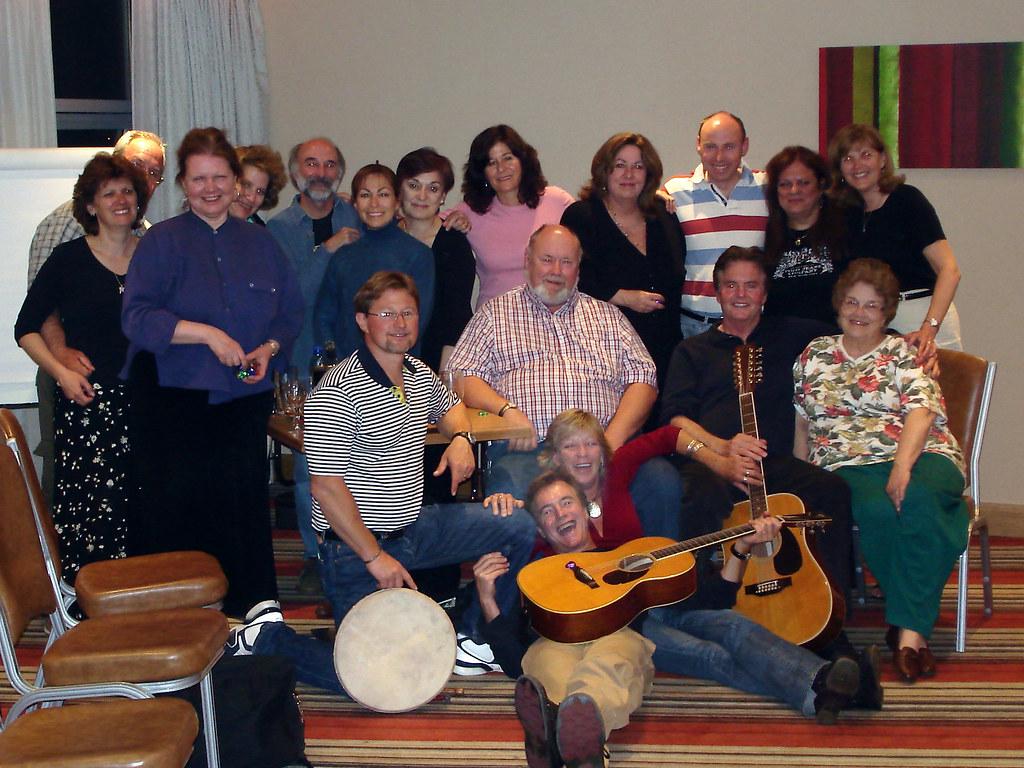
Introduction
As one of the most historically rich and culturally vibrant countries in Europe, Ireland has become a focal point for both tourism and economic development. The country, known for its lush landscapes and warm hospitality, is currently navigating a series of events that have significant implications for its future, including political changes, economic challenges, and cultural celebrations. Understanding these elements is crucial not only for Irish citizens but also for global observers keen on international affairs.
Political Developments
In recent months, Ireland has been at the heart of discussions regarding its role in the European Union, especially post-Brexit. The country has had to reassess its relationships with both the EU and the United Kingdom, given the complexities introduced by Brexit negotiations. According to recent reports from the Irish government, there has been a notable increase in trade and cooperation with EU member states, addressing concerns that Brexit would reduce Ireland’s influence within Europe.
Economic Landscape
The Irish economy is showing signs of resilience as it rebounds from the impacts of the COVID-19 pandemic. Employment rates have been steadily increasing, with the latest statistics reporting an unemployment rate of approximately 4.8% in the first quarter of 2023. Tourism, a vital industry for the nation, is revitalizing, with visitor numbers approaching pre-pandemic levels. The Irish government has implemented several initiatives aimed at boosting domestic tourism and supporting local businesses.
Cultural Events and Celebrations
Ireland’s rich cultural tapestry remains a focal point of pride for its people. The Dublin Theatre Festival, set to take place this October, is expected to draw large crowds and showcases the innovative talents of Irish playwrights and performers. Additionally, the annual Galway International Arts Festival has received praise for its inclusive approach, celebrating the diversity of Irish culture through various art forms. These events not only provide entertainment but also foster community spirit and economic development.
Conclusion
As Ireland continues to adapt to the evolving political and economic landscape, the significance of its cultural identity remains stronger than ever. The country’s ability to leverage its unique position in Europe, along with a thriving tourism sector, presents a promising outlook for the future. For readers both within and outside Ireland, staying informed about these developments is essential as they reflect the dynamic nature of this remarkable nation.



